
Start FREE course today!
Journey to the New World and discover the origins of the American spirit.
The American Founding is the greatest political achievement in history. The republic founded in the wake of revolution did not appear or succeed by chance. It was the product of the habits of self-government and the virtuous character that the Americans had formed during their colonial experience. This is the story of those first 150 years during which our forefathers carved civilization out of wilderness.
In this documentary course, Hillsdale professors of politics and history explain the religious, political, cultural, and economic disputes that shaped a uniquely American culture. Discover how our ancestors forged a prosperous society and developed the manly spirit of republicanism.
In "Colonial America: From Wilderness to Civilization," professors of history and politics guide us through the perilous journey of the Mayflower and the grueling winters of Cape Cod. They explore the ideas of religious liberty and natural rights, as well as the brutal conflicts such as the wars on the frontier and the French and Indian War. Through this appreciation of the colonial experience, you will learn how the unique American spirit was shaped.
This course consists of six documentary episodes, each approximately 30 minutes. Complete the episodes and the accompanying quizzes to receive the certificate of completion. Supplement your learning with the corresponding study guides and readings. Take the course at a pace which best suits your learning and schedule.
Enroll in "Colonial America: From Wilderness to Civilization" today to learn about the American character.
Taught by:
Larry P. Arnn, President of Hillsdale College, Professor of History and Politics
John W. Grant, Associate Professor of Politics
Wilfred McClay, Professor of History
Paul Moreno, Professor of History
Kevin Slack, Associate Professor of Politics
Thomas G. West, Professor of Politics
Released 2025
Recommended Courses

Colonial America: From Wilderness to Civilization
History
The American Founding is the greatest political achievement in history. The republic founded in the wake of revolution did not appear or succeed by chance. It was the product of the habits of self-government and the virtuous character that the Americans had formed during their colonial experience. This is the story of those first 150 years during which our forefathers carved civilization out of wilderness.
In this documentary course, Hillsdale professors in politics and history explain the religious, political, cultural, and economic disputes that shaped a uniquely American culture. Discover how our ancestors forged a prosperous society and developed the manly spirit of republicanism.
6 Lessons
3.5h
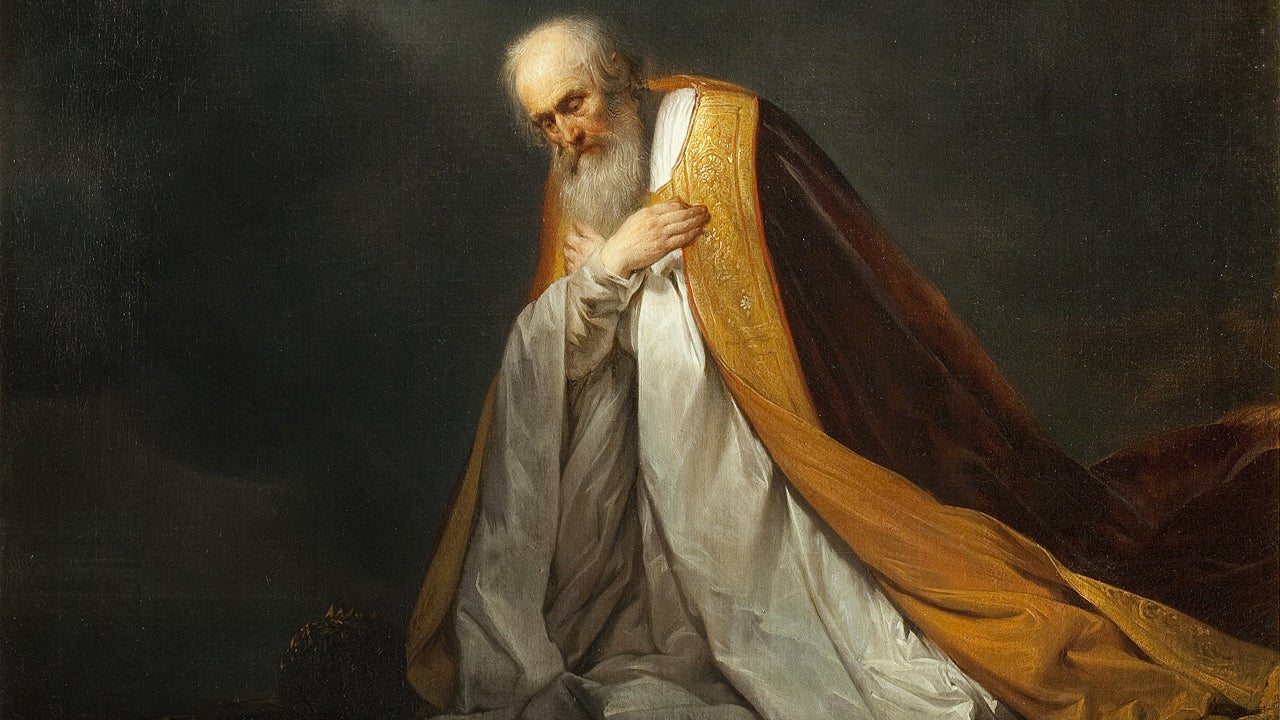
The David Story: Shepherd, Father, King
Literature
First and Second Samuel tell the story of Saul and David, Israel’s first two kings. These Old Testament books depict the importance of the relationship between father and son and the consequences of sin for the sinner, his family, and his nation. While David’s transgressions lead to great tragedy for himself and Israel, his penitence shows a path toward redemption.
8 Lessons
6h

Dante’s Divine Comedy
Literature
The Divine Comedy is one of the greatest works of Western literature. An epic poem in three parts, it tells the story of Dante’s journey through the afterlife: Inferno describes the suffering of souls warped by vice. Purgatorio explores the theme of repentance and the elements of good character. Paradiso reveals the true glory and freedom attainable with God.
10 Lessons
7.5h
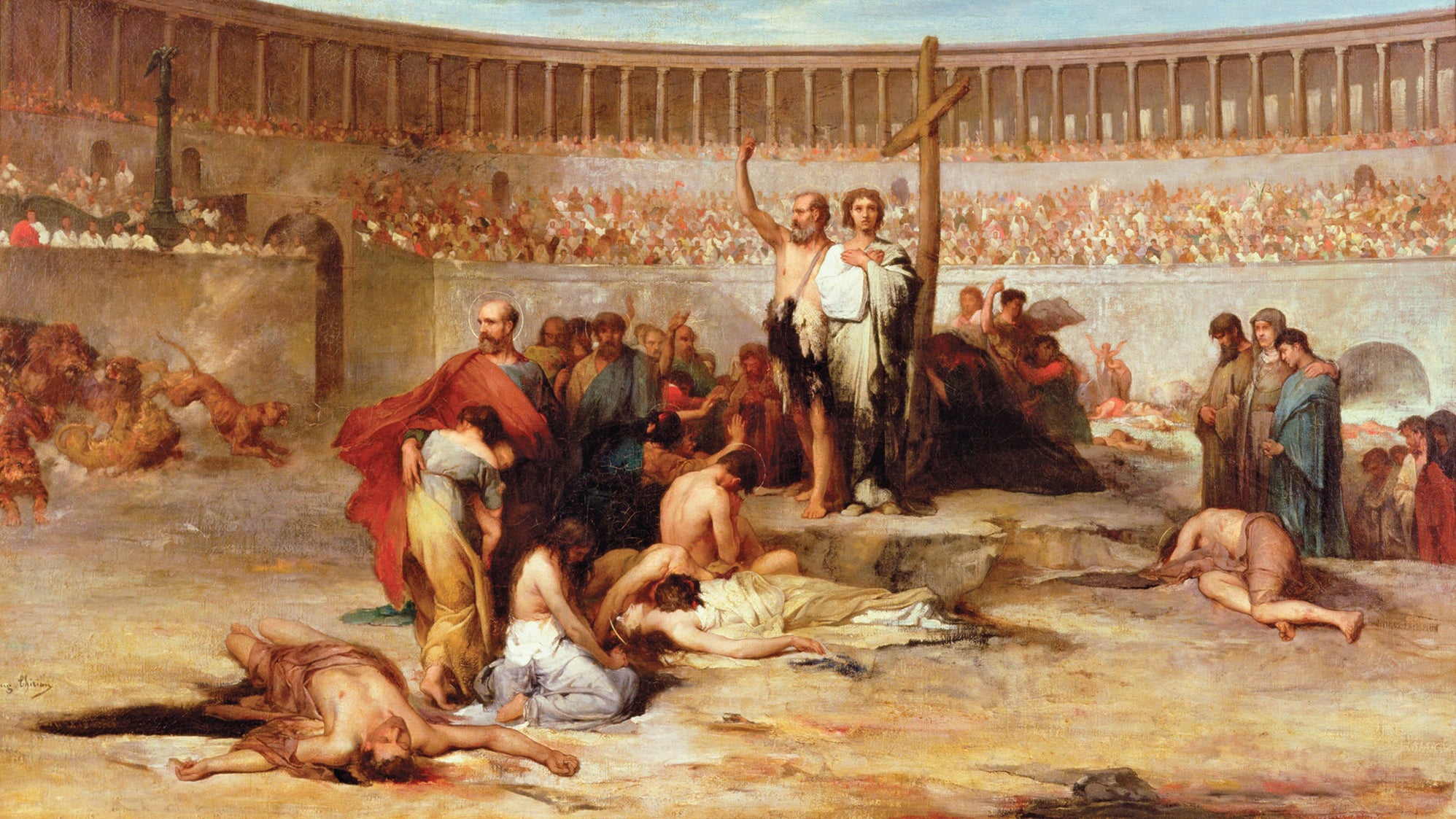
Ancient Christianity
History
Christianity emerged into a world shaped by the Roman Empire, the Jewish faith, and Greek philosophy. This course explains how the revolutionary message of the Gospel spread throughout this ancient world and how early Christians practiced their faith, endured persecution, and addressed theological questions and controversies.
11 Lessons
9.5h
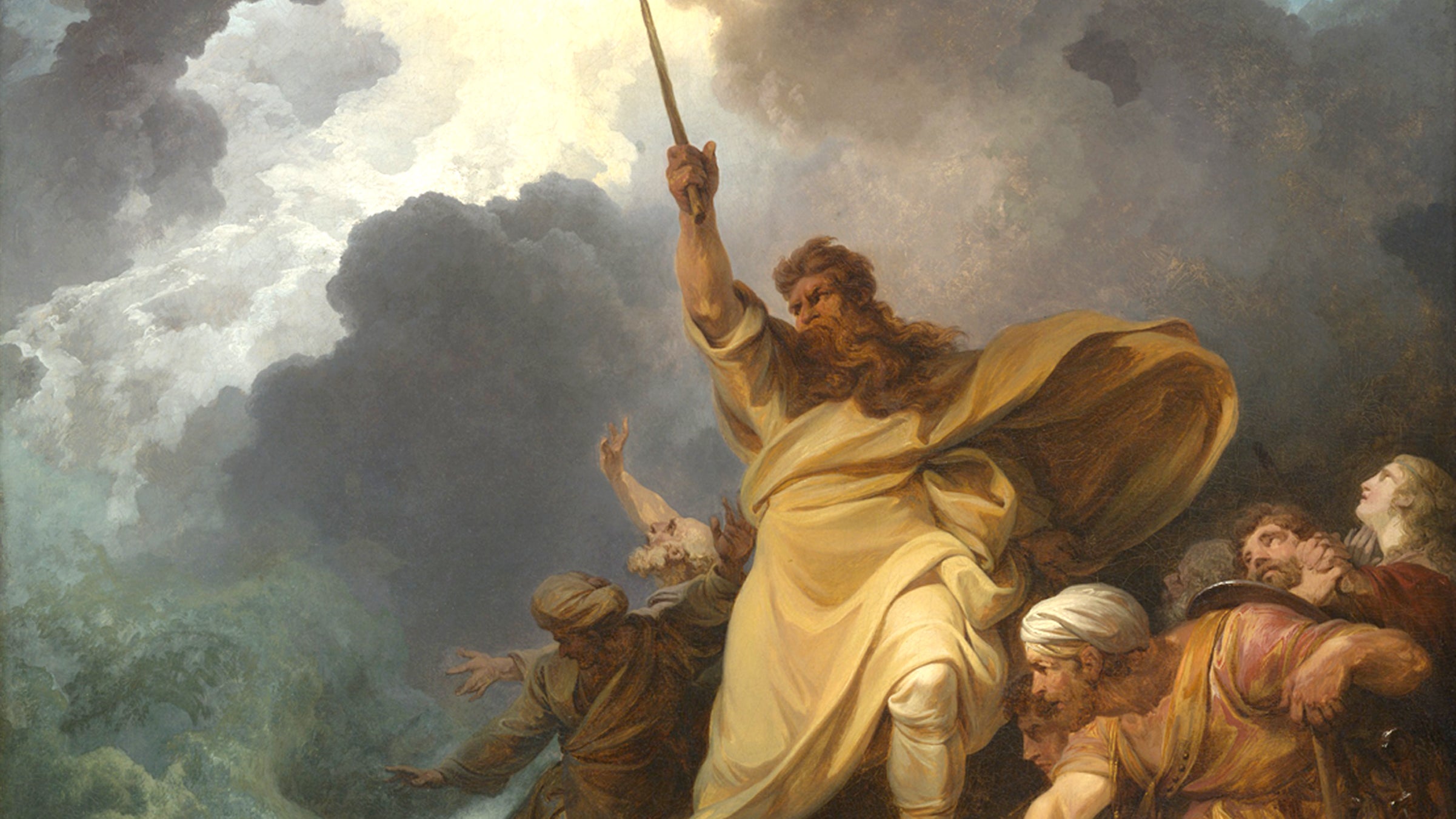
The Exodus Story
Literature
Exodus is central to the Old Testament and the Gospels. It tells the story of God reclaiming His people. This literary study of the Book of Exodus examines man’s relationship to God, God’s mercy toward man, and the nature of human freedom.
8 Lessons
4.5h
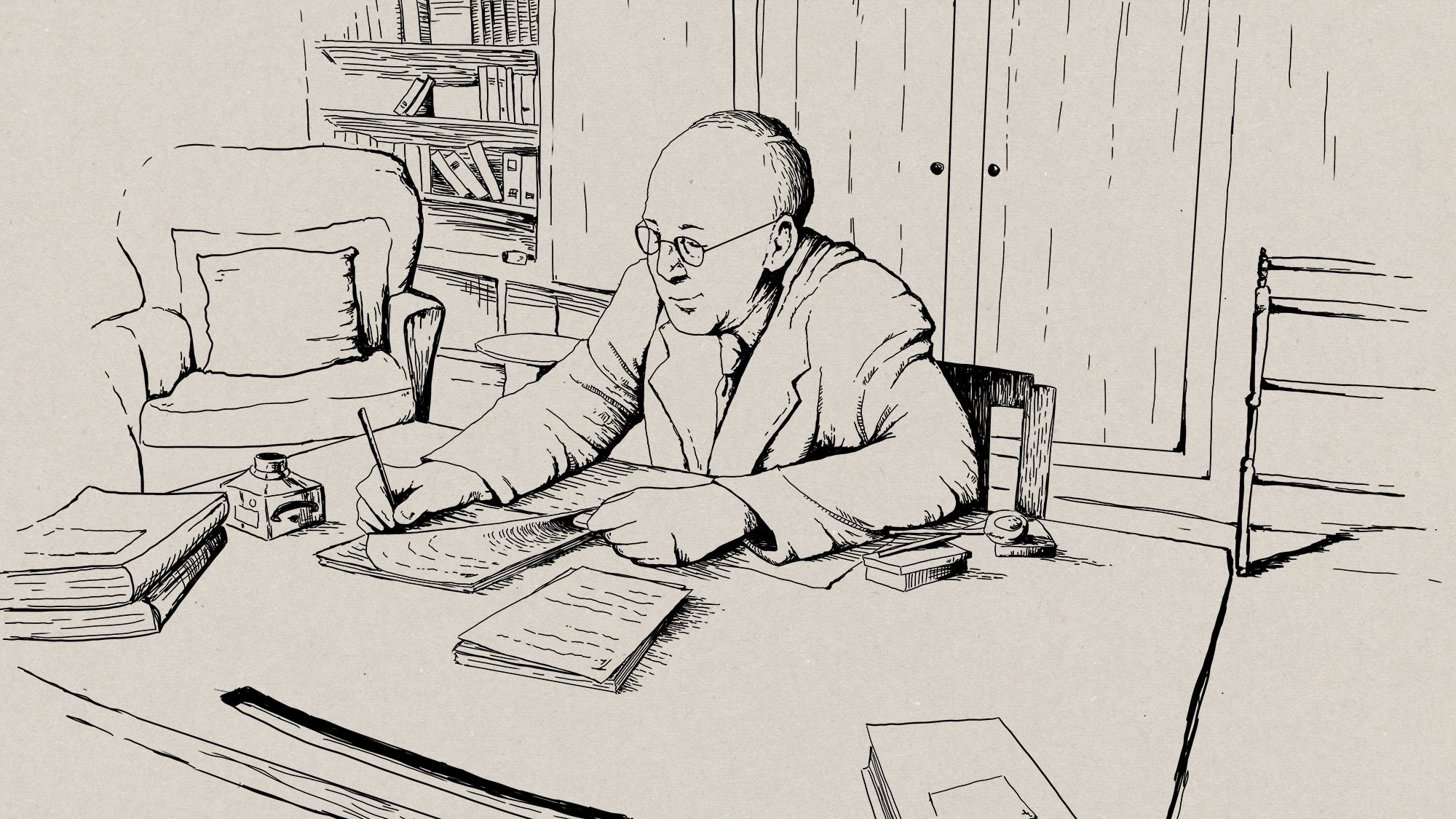
C.S. Lewis on Christianity
Philosophy & Religion
C.S. Lewis is the best modern writer at explaining the truth and goodness of the Christian faith. Through his imaginative and invigorating style, Lewis answers the eternal questions of theology in a manner that attracts those outside Christianity and strengthens those within the faith. This course examines Lewis’s writings about morality, conversion, prayer, the Bible, suffering, and the afterlife.
7 Lessons
5.5h
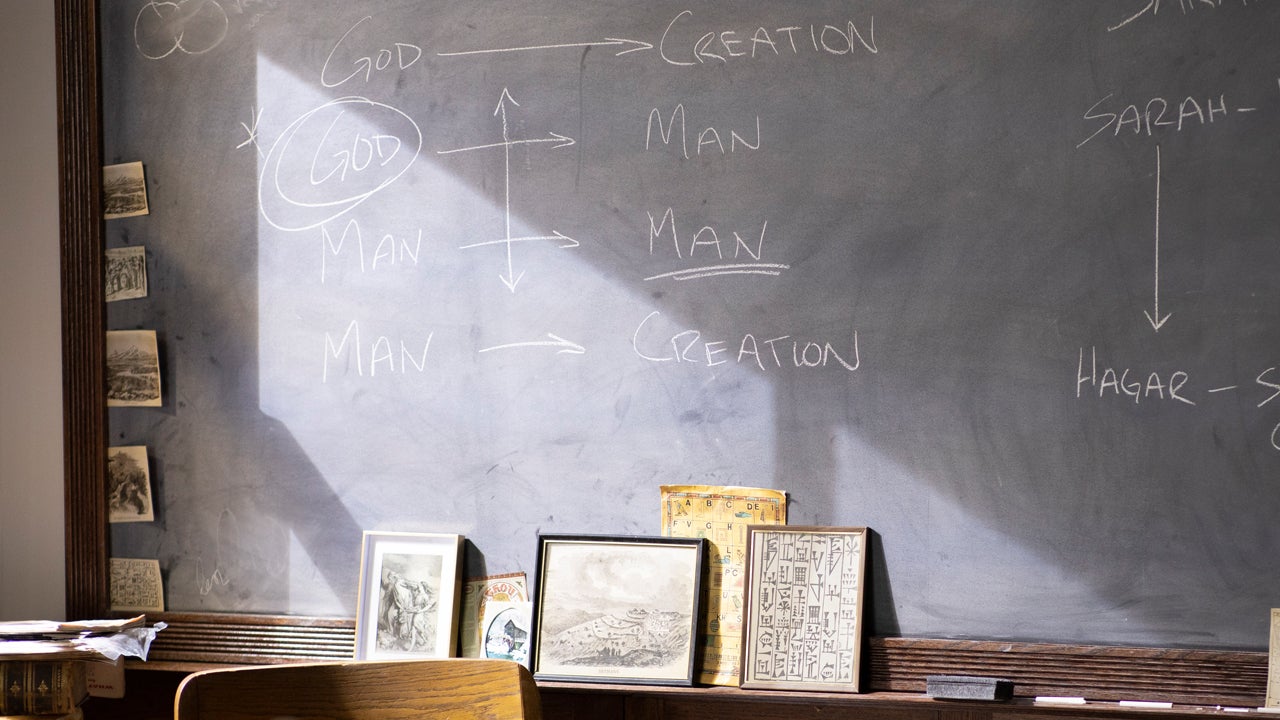
The Genesis Story: Reading Biblical Narratives
Literature
Genesis is a book of fundamental importance for the Jewish and Christian faiths and has exerted a profound influence on Western Civilization. In addition to being a great religious text, it is also a literary masterpiece. This course explores some of the work’s major narrative themes, including the complex relationship between God and man, the consequences of a rupture in that relationship, and the path towards reconciliation.
6 Lessons
6.5h
What Current Students Are Saying
The lecture is wonderfully delivered. The material is both comprehensive and informative and actually brings clarity to many events occurring both before the coming of Christ, during his life on Earth, and during the developmental years of Christianity.